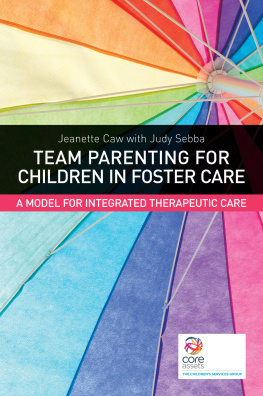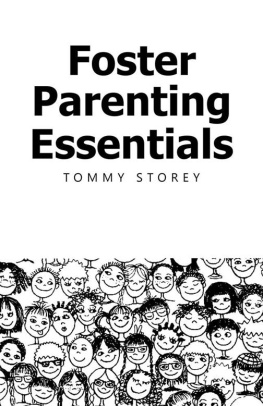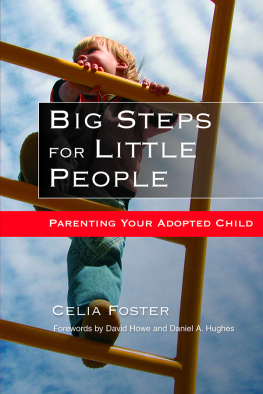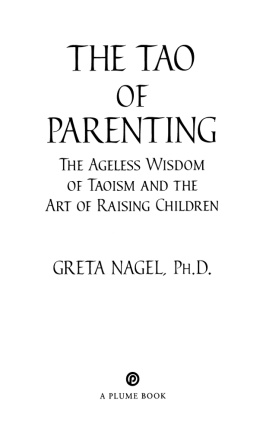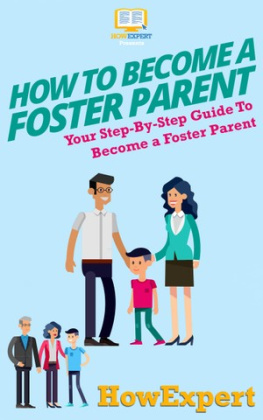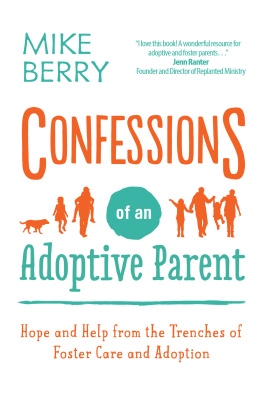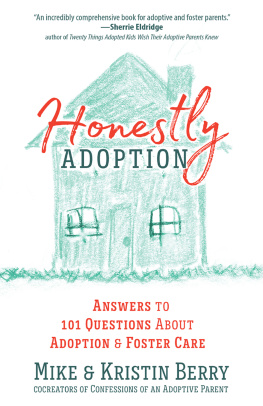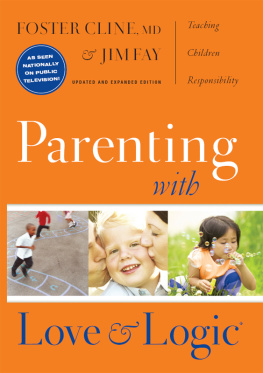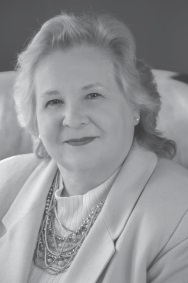ABOUT THE AUTHOR
D ebbie Ausburn says, I make my living as a lawyer, but what I do is take care of other peoples children. For more than 40 years, Debbie has been working with at-risk children, starting when she was a preteen helping her parents with their summer camp and church ministries. In the years since, she has served as a juvenile court probation officer/social worker, group home parent, criminal prosecutor, volunteer, Board member, and attorney defending youth-serving organizations.
While still single and early in her legal career, she served as a volunteer foster parent for emergency placements. In North Carolina, she worked as a federal prosecutor of child abuse and violent crimes, and served as a foster-parent for respite care and long-term placements of abused children and teenagers. She returned home to Georgia, switched to civil law, and married a man with five children, two of them still at home. Most recently, she and her husband found themselves parenting the teenage child of a family friend.
In her legal practice, Debbie defends youth-serving organizations in cases ranging from accidents to claims of sexual abuse and advises them about best practices for protecting the children in their care. She is a sought-after speaker on topics such as mandated reporting of abuse, internal investigations, and developing youth protection policies. She blogs about legal topics at YouthServicesLaw.com, and about parenting issues at OtherPeoplesChildren.org.
Chapter 1
WE ARE NOT THE PEOPLE WHO ARE SUPPOSED TO BE THERE
A few years after our marriage, my husbands ex-wife asked for custody of their youngest son. When we asked my stepson for his thoughts, he naturally did not want to say anything that sounded like choosing sides. So my husband asked him, If you had a magic wand, what would your life look like?
Instantly, he replied, If I had a magic wand, you and Mom would still be together. After a short pause, he anxiously turned to me and said, No offense, Debbie. You and the dogs would be right next door.
Now, understand that this child and I already had a tight bond. We did and still do adore each other. His wish had nothing to do with me. He was simply expressing a need that all children have. In my years of raising other peoples children, I have become convinced that popular culture has lied to us: an intact biological family is not an outdated stereotype, but a need embedded deep within each child. No matter how outstanding a parent I am to my foster and stepchildren, I am not and never will be the person who is supposed to be there.
That statement sounds negative, but it is just a description of the way things are. I first confronted that truth early in my foster care service when one of my foster daughters ended an argument by yelling, Stop trying to be my mother. You are not my mom and never will be.
Of course, the words hurt, but being a lawyer has given me a thick skin. I was able to recognize that she was just stating a deep and universal truth. By the time my stepson said the same thing years later in more coded and polite language, I knew that the sentiment had nothing to do with me. I also knew by then that I could forge a strong and rewarding relationship with my stepsons. My theology says that God can make all things new, and family relationships are no different. But we first must acknowledge the bedrock truth that, no matter how wonderful a parent we are, we were not and never will be a non-biological childs first choice. Fortunately, being another persons Plan B can be pretty wonderful if we give our children time and space to accept that relationship.
OUR CHILDREN HAVE SUFFERED LOSS
Whether we are foster parents or stepparents, our children have suffered loss. Foster children obviously have suffered serious trauma that disrupted their families, and the foster system carries its own trauma. Stepchildren also have been through some degree of trauma. We are in their lives only because they have lost their biological family through death or divorce. Even with two biological parents who loved them deeply, my stepsons suffered from their parents divorce. We cannot ignore the fact that no matter how amicable the divorce or how good the co-parenting, any divorce is a deep and permanent loss for children.
We can see this fact in measuring the Adverse Childhood Experiences (ACEs) that children have suffered. The ACEs scale assesses traumas such as abuse and neglect, addiction, and parental divorce or separation. Multiple ACEs signal higher risks of problems in later life, but even children with a single ACE score of family disruption have an increased risk of mental health issues. Multiple other studies have shown that children of divorce exhibit higher rates of anxiety, depression, impulsive behavior, peer conflict, and academic struggles. The fact that children can be resilient does not erase their loss.
Children who have lost an intact family feel deep in their bones that this is not the way the world is supposed to be. That need is part of the reason we see so many children trying so hard to get back to abusive, addicted, or dysfunctional biological parents. Quite often, the first thing that foster teenagers do when they age out of the system is try to reunite with their biological family. Children in blended families may not go to those lengths, but they may hold on to an unrealistically optimistic memory of their pre-divorce life that makes it hard for them to move forward.
Well only sabotage our relationship if we try to convince foster or stepchildren that our family will be better than their old one. Of course, a stable blended family is much better than a volatile biological family, especially one ravaged by addiction, and a safe foster home is better than life with an abusive parent. Children old enough to remember their biological parents, however, cannot always recognize that reality. Each of them has a need for an intact biological family that is deep in their hearts, in a place not reachable by logic.
If we do not recognize that need, our reassurances will sound to them like we are simply ignoring their loss. Recognizing their trauma will help us acknowledge that their sadness and resentment are perfectly normal responses to abnormal situations. Only then can we be a part of helping them move forward.
I once cared for a six-year-old girl who woke up sobbing every morning, I want to go back to my blue house. My attempts to reassure her that she would enjoy school that day or that we would do interesting things at my house just made her cry harder. I finally learned that all I could do was hold her and let her cry herself out on my shoulder. Her loss was at a deep emotional level that she had to work through without me. Of course, I could marshal long-term resources, such as therapy. In that moment, though, there was no solution that could reach her loss.
Sometimes we hesitate to label divorce as a trauma because we do not want to judge biological parents. It makes adults feel better to pretend that divorce is not a serious problem and that committed co-parenting can make up for the loss of an intact family. I have learned to never judge another persons decisions about their marriage. Separation and divorce often are the only healthy response to a dangerous or dysfunctional situation. But the inescapable fact is that our foster and stepchildren are in our lives because some adult somewhere has failed them. We do not help our children by pretending otherwise.
Of course, we should not take sides in a divorce or say negative things about a childs biological parent. Nevertheless, we must be honest with our children. The situation that they are in carries a price for them. We can acknowledge that reality without placing blame on any particular person. Our focus needs to be on our children and their loss.
Next page

